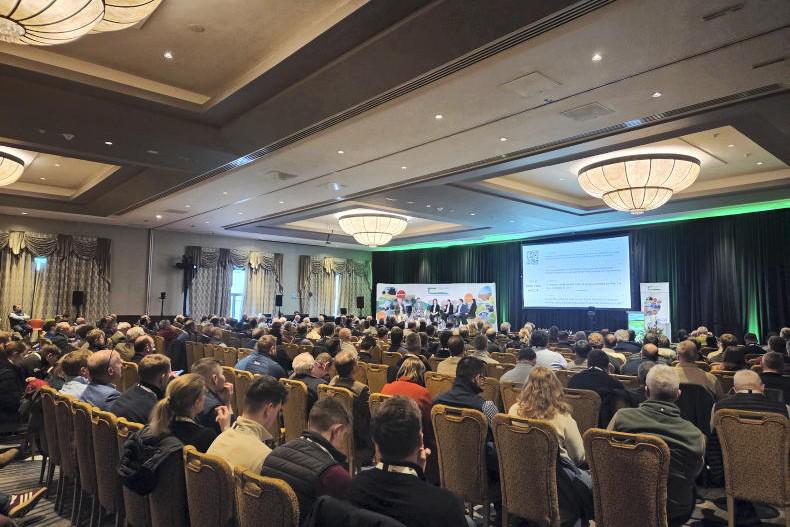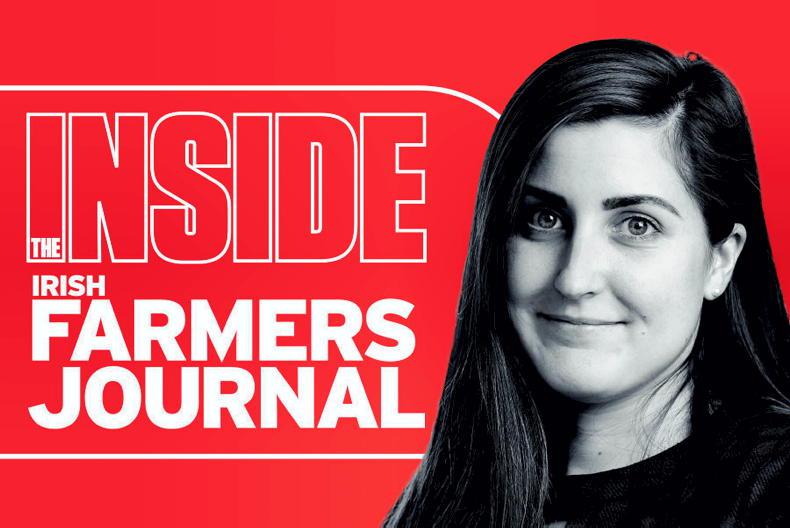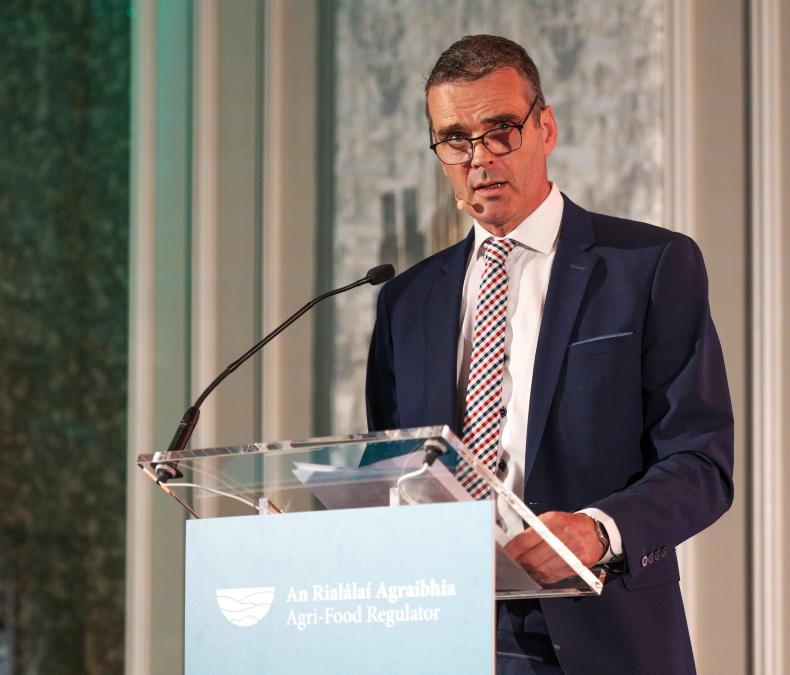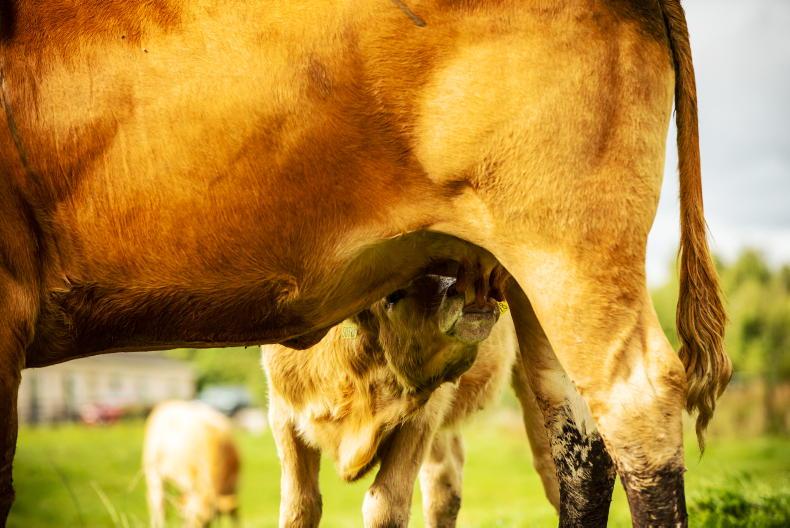The impact of convergence and the proposed new rules around slurry spreading and storage dominated exchanges at the CAP consultation meeting in Corrin Mart in Fermoy, Co Cork, on Friday evening.
Beef and tillage farmers warned that continued convergence, CRISS and the new eco-scheme requirements could cost some farmers up to 40% of their direct payments and endangered the viability of commercial farms.
Farmers also took aim at the controversial recommendations in the Nitrates Action Programme, describing the proposal to move the closed date for slurry spreading back to mid-September by 2023 as “crazy”.
However, Minister for Agriculture Charlie McConalogue told the meeting – which was the second farmer gathering of his national consultation tour – that both convergence and the nitrates proposals reflected the changed emphasis of European agricultural policy.
Minister McConalogue pointed out that there was “no wriggle room” on 85% convergence and he cautioned farmers that “the direction of travel” for direct payments was towards “full flattening”.
Consequences
However, he was warned from the floor by a number of speakers of the serious consequences that the combination of convergence, CRISS and the 25% mandatory clawback for eco schemes will have on the incomes of both drystock and tillage farmers.
“The proposals that are out there now are going to decimate my income because my entitlements are quite high,” said Anne Baker, chair of North Cork IFA, who is a beef finisher.
Baker’s views were echoed by former IFA deputy president John Coughlan, who maintained that “cattle rearers” stood to lose 40% of their income as a consequence of convergence and the general shift in payments outlined in the current CAP proposals.
Beef holdings that reared and finished dairy calves were an important component of the farming landscape in Cork but Teagasc figures showed that direct payments “kept these cattle rearers alive”, Coughlan said.
“The majority of beef farmers in this part of the country will not rear a dairy calf now because it just doesn’t pay,” he pointed out.
The Cork farmer warned of a potential welfare issue for calves coming off dairy farms in the future if the viability of commercial beef units was compromised because of the convergence.
Threat to tillage
Tillage farmers claimed that the profitability of their operations was also under threat because of the proposed shift in payments, and the impact of the carbon tax on fuel prices.
One farmer complained that supports were being shifted from full-time farms to unviable holdings.
However, these comments provoked some discord, with Christy Kelleher of the ICSA challenging the perception that small holdings, or part-time farmers, were not deserving of support payments.
He said part-time farmers were among the most efficient operators in the beef sector, and the “life and blood of many areas”.
Minister McConalogue insisted that the interests of every farmer needed “to be respected” in the CAP discussions and he called for unity within the sector.
Slurry
There was also sustained criticism of the slurry proposals included in the Nitrates Action Programme.
Both the cost of the extra storage – which former Macra na Feirme president Alan Jagoe estimated could exceed €100,000 on some holdings – and the scientific basis for limiting slurry spreading to the middle of September from 2023, were challenged from the floor.
However, Minister McConalogue defended the proposals, saying they were necessary to protect the nitrates derogation, as well as from the perspective of “maintaining and improving water quality”.
He said the nitrates proposals were part of the consultation process and the Department was seeking feedback from farmers.
The minister said the issues raised in Corrin Mart would be “put into the mix”, but he reiterated that the primary objective of the Nitrates Action Programme was to protect water quality.
Among the other issues raised were continued dairy farmer access to TAMS, and coupled payments for both sucklers and sheep. No commitment was given by Minister McConalogue on either issue.
Mitchelstown pig farmer Pat O’Keeffe also called for action on the “serious labour crisis” in agriculture, and particularly the pig sector.










SHARING OPTIONS